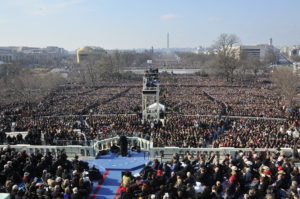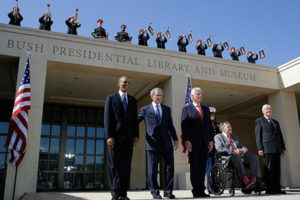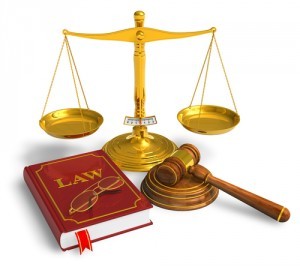Admit it boys and girls … we’re getting closer to the first year of Donald Trump’s second term in office, which puts us a little closer to his permanent exit from the Oval Office. Thus, I know you’ve been thinking the same thought that has crossed my mind: What will Trump’s library contain?
Or will he even have a presidential library and museum?
The first such exhibit I ever saw was in 1973 in West Branch, Iowa, home of the Herbert Hoover presidential library. I thought of President Hoover only in one context, that the Great Depression began on his watch with the collapse of the stock market and he lost his re-election bid in a landslide to Franklin Delano Roosevelt. I learned, though, that Hoover also was a world-class humanitarian and he parlayed his compassion for the needy into legendary acts of good for humankind.
Fast-forward to the present day and we have Donald Trump. He’s been impeached twice. He has been vilified by world leaders for a variety of missteps. He now is trying to dismantle our democratic republic while seeking to form an autocracy. He has boasted of grabbing women in their private areas, has denigrated immigrants, the media, his political foes (who he calls “the enemy”) and has been caught telling outright lies by the tens of thousands.
You get the idea, I presume. How does he define his time in office? What will be the signature act of good he will have performed while serving as president?
This past weekend, I toured the George W. Bush library and museum in Dallas. I didn’t vote for President Bush in 2000 or 2004, but I do admire his commitment to the Constitution and his years of public service. I admire the president’s steadfast courage after 9/11 and I admire the investment his administration made in education reform and in fighting HIV/AIDS.
Believe it or not, I do wish for a signature moment that could define Donald Trump’s time in office in a positive light. So far, he’s coming up empty.


